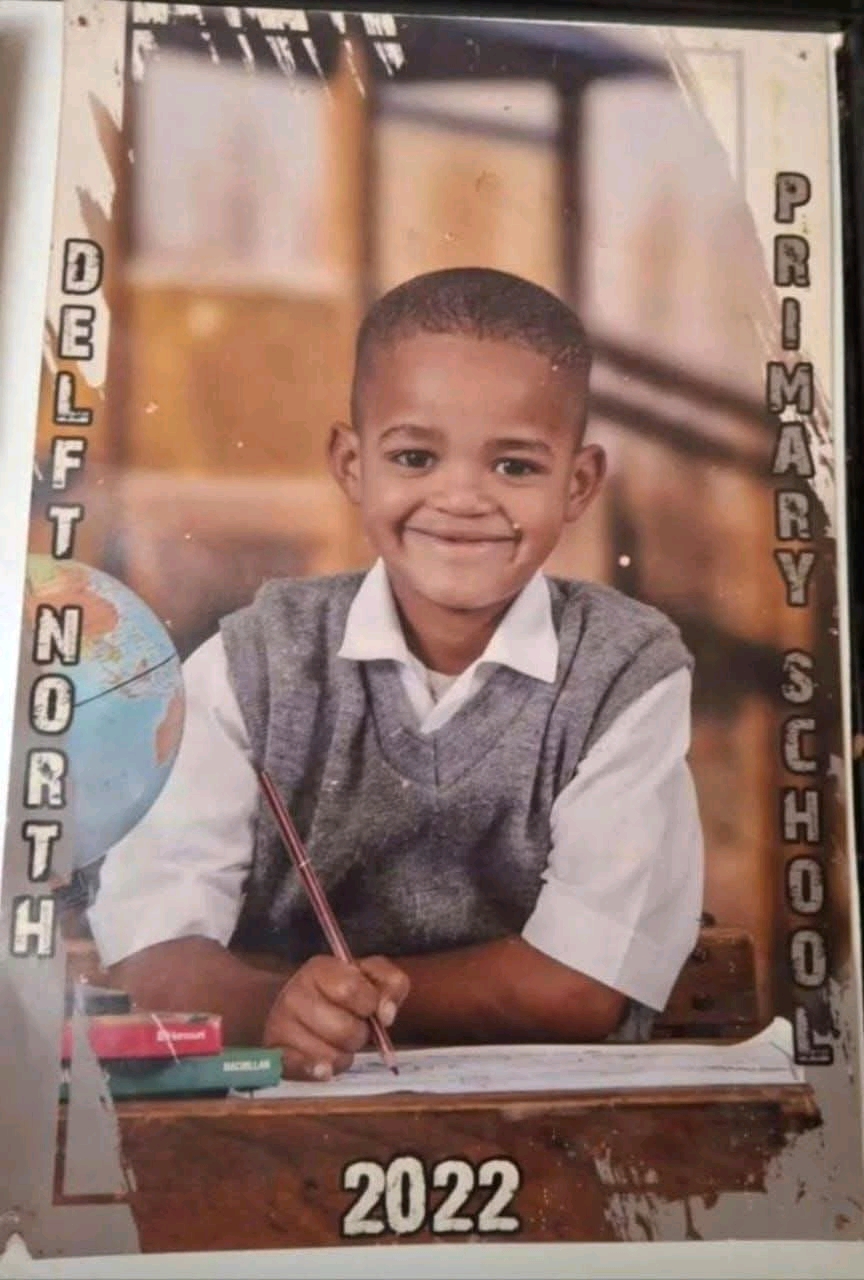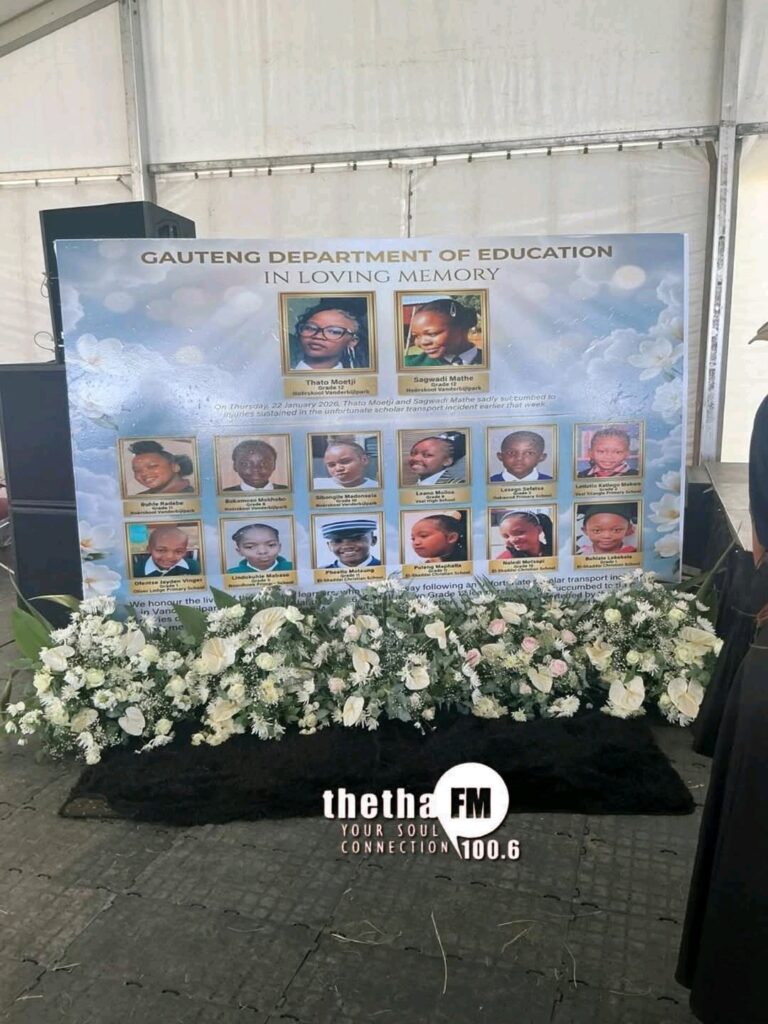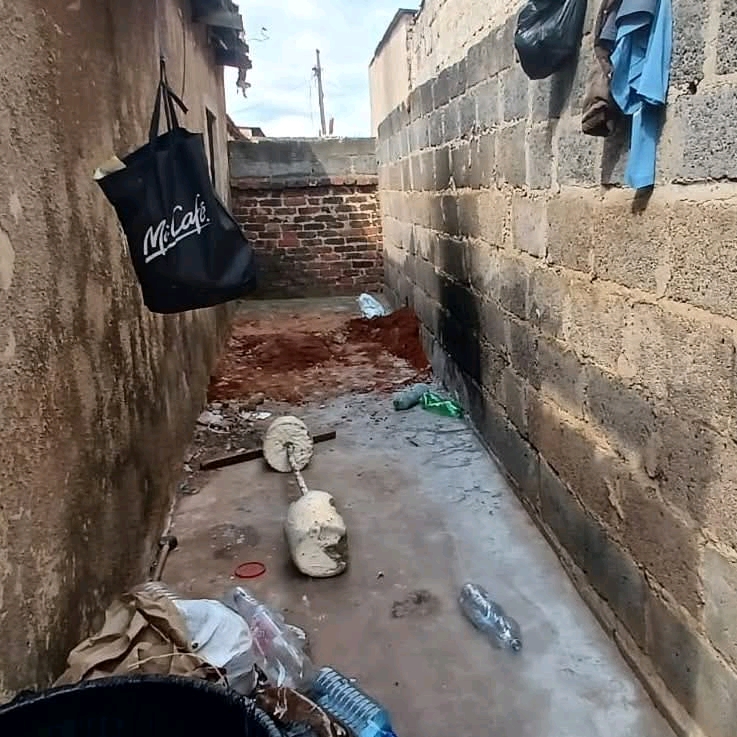
The community of Delft on the Cape Flats has been left heartbroken following the tragic death of a nine-year-old Grade 3 learner who took his own life on 16 November 2025. The Western Cape Education Department (WCED) confirmed the incident and expressed deep sorrow, describing the child’s passing as a painful reminder of the mental-health challenges affecting young learners in high-stress environments.
According to reports, the boy was a learner at Delft North Primary School. Following the tragedy, the WCED immediately deployed counselling teams to support pupils, teachers, and staff who were shaken by the loss. The department also made contact with the child’s family, offering assistance and trauma support during this difficult time.
News of the tragedy has sparked a widespread conversation about the emotional struggles faced by children in vulnerable communities and the lack of mental-health resources available to them.

Ward councillor Michelle Adonis, speaking to Smile FM, described the death as a devastating blow to Delft. She said she had already met with the school principal, teachers, and affected learners to offer condolences and assess the emotional impact within the school. Adonis confirmed that trauma counsellors and social workers would be deployed to provide ongoing support, noting that the tragedy has shaken both the school and the wider community.
She further highlighted the urgent need for mental-health education and early-intervention programmes in schools, especially in areas where children are routinely exposed to violence, poverty, and social instability. Community members echoed her concerns, pointing out that children in Delft and many parts of the Cape Flats often face extreme pressures that are not always visible to adults.
This heartbreaking incident comes at a time when South Africa continues to grapple with rising cases of suicide among children, teenagers, and adults. The story has drawn comparisons to several other recent tragedies reported involving victims who felt overwhelmed or unsafe in their environments.
In Mpumalanga, a man took his own life after being accused of repeatedly raping his daughter. The 45-year-old reportedly consumed poison and confessed to a relative before dying. In another case, a Grade 10 learner from El Shaddai Christian School in Vanderbijlpark died by suicide after years of severe bullying. His family revealed they had begged the school on multiple occasions to intervene, but the abuse persisted from Grade 7 until his death.
In the Northern Cape town of Orania, a domestic violence case ended in murder-suicide when a father shot his estranged wife before turning the gun on himself in front of their daughter. The community was left in shock, with many calling for stronger protective measures against gender-based violence.
A similar case unfolded in Sharpeville, Gauteng, where a man took his life after being accused of killing his girlfriend. She had been missing for days, and her body was later found in his room.
As communities across the country reflect on these tragedies, mental-health advocates continue to call for expanded access to psychological support in schools, faster responses to bullying, and greater public awareness about suicide prevention.
The Delft community is now rallying around the young boy’s family, mourning his loss, and urging authorities to invest more resources into mental-health interventions that could save young lives. The tragedy has become a painful reminder that even the youngest children can be silently struggling — and that early support, understanding, and intervention are crucial.




